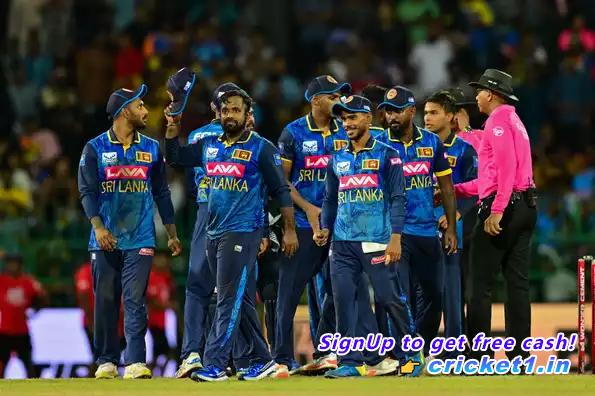
The cricketing world was left in shock following the controversial finish of the first One Day International (ODI) between India and Sri Lanka, which concluded in an unexpected tie with no Super Over being played to decide the winner.
The series opener ended in an electrifying fashion, but the excitement was quickly overshadowed by the on-field umpires’ failure to enforce the International Cricket Council’s (ICC) updated playing conditions for ODIs. These conditions, in effect since December 2023, mandate that a Super Over be played to break a tie, a regulation that was inexplicably overlooked by umpires Joel Wilson and Raveendra Wimalasiri.
As fans and cricket analysts alike ponder the reasoning behind the decision, the ICC’s official rulebook offers clarity: “If the teams’ scores are equal after both innings have been completed (if applicable under DLS), then a Super Over shall be played. If the Super Over is a tie, then unless exceptional circumstances arise subsequent Super Overs shall be played until there is a winner. Should it not be possible to play or to complete the Super Overs needed to determine a winner, the match shall be tied.”
This statement left little room for ambiguity, highlighting the umpires’ glaring error in not implementing the prescribed course of action to decide the match. Despite the clear regulations, Wilson and Wimalasiri allowed the tie to stand, leading to a multitude of questions and frustrations from the spectators and teams involved.
The ICC has, so far, declined to comment on the incident, adhering to its policy of not engaging in discussions on bilateral matters. This stance has only added to the perplexity surrounding the situation. Meanwhile, the Indian team’s spokesperson has remained silent, providing no statements or insights on what transpired.
This match marked the first tied game out of the 149 ODIs played at Colombo’s R. Premadasa Stadium, making its conclusion all the more historic and controversial.
. Adding to the drama, Sri Lanka took a lead in the series by winning the second ODI, putting additional pressure on India as they aim to level the series in the final game. This tied match not only disrupted the excitement of a thrilling finish but also snapped India’s impressive streak of 11 consecutive bilateral series victories against Sri Lanka, each consisting of more than two matches.
Experts argue that had the Super Over occurred, it could have potentially altered the course of the series, impacting team morale and the overall competitive spirit of the series. This missed opportunity has led to a larger discourse on the importance of adherence to established rules and the resultant implications when they are overlooked.
Fans have expressed their outrage on social media platforms, calling for accountability and clarity on why the guidelines weren’t followed. Some have even speculated about potential repercussions for the umpires involved, advocating for stricter checks to ensure such oversights do not happen in high-stakes international matches.
Former cricketers and coaches have chimed in with their opinions, with some defending the umpires, suggesting that unprecedented situations or miscommunications might have played a role. Conversely, others have criticized the lack of adherence to rules, underscoring the importance of consistency and fairness in the sport.
As the series progresses, all eyes will be on the final match, with both teams striving to perform amidst the lingering controversy. The Indian squad, determined to restore their standing and draw the series, must now overcome not only their on-field challenges but also the psychological impact of the contentious finish of the first ODI.
The cricketing authorities and boards involved will have to navigate the fallout from this incident meticulously, ensuring that the integrity of the sport remains intact while addressing the concerns of all stakeholders. Moving forward, this episode serves as a stark reminder of the critical role that adherence to established rules and conditions plays in maintaining fair play and the spirit of competition in international cricket.

